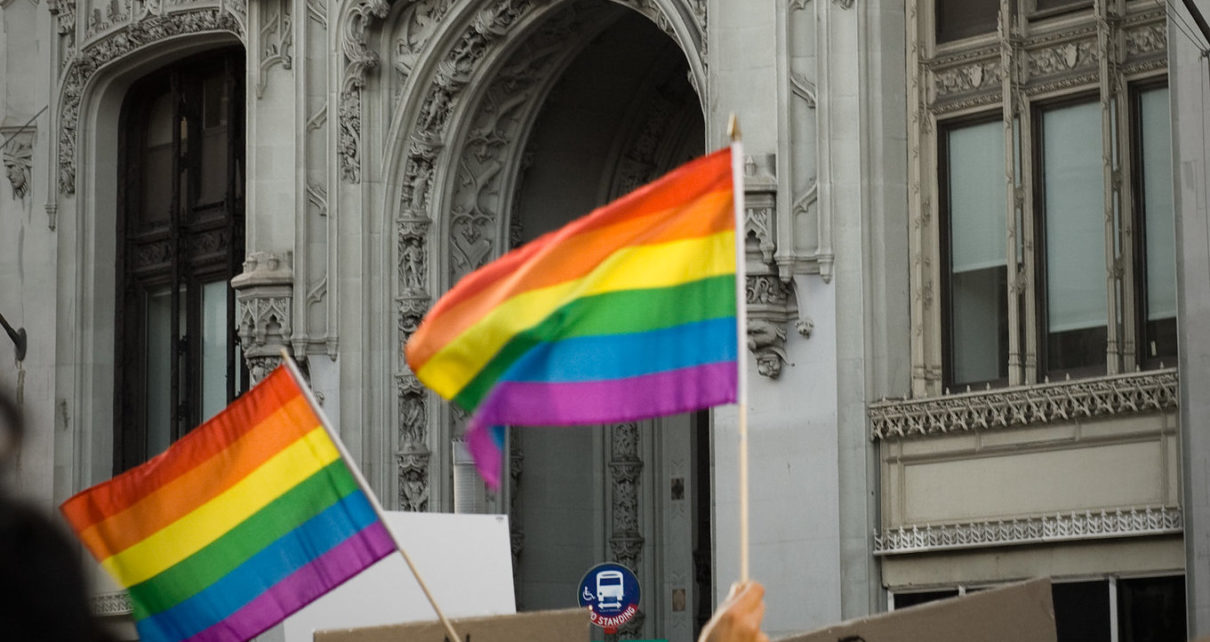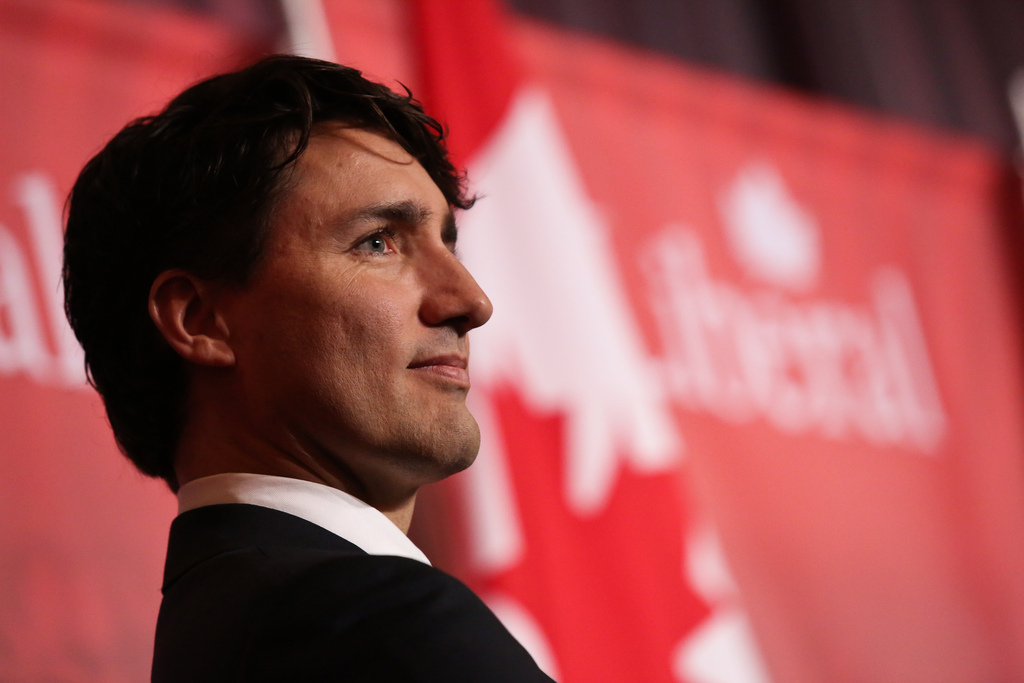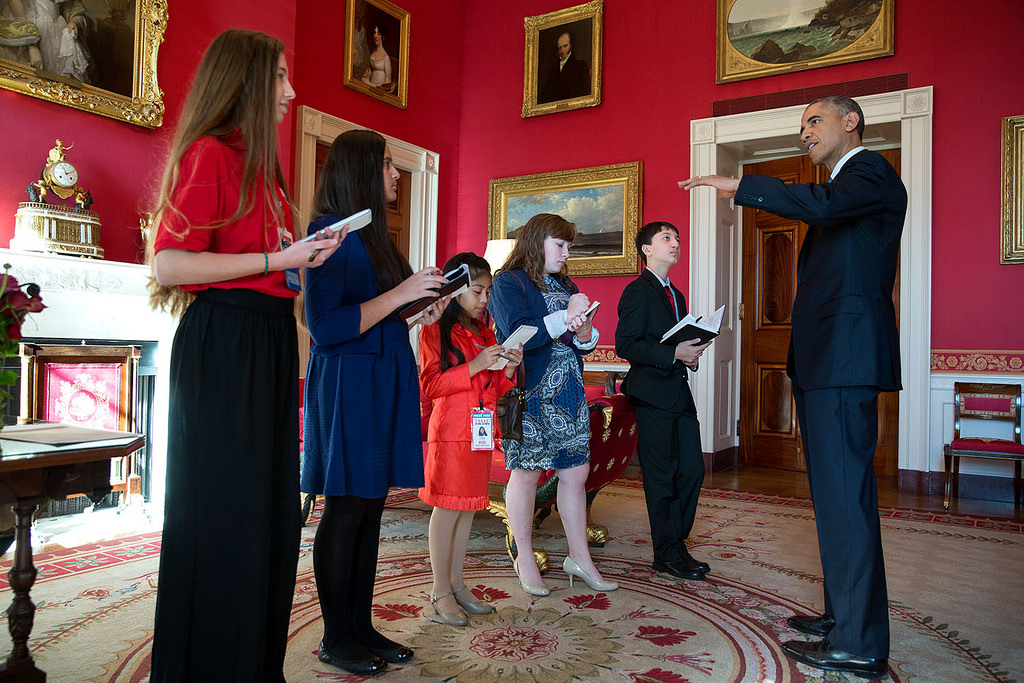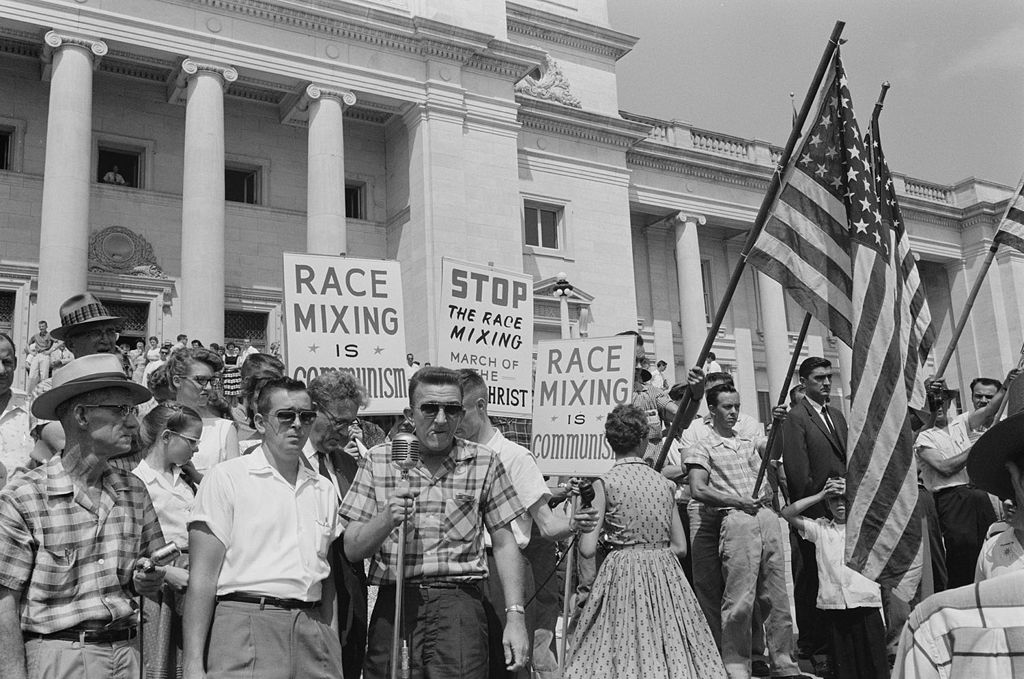Hungary, a NATO member state, creates strict restrictions for its lesbian, gay, bi-sexual, transgender queer, and/or questioning (LGBTQ+) citizens. Currently, the country maintains an anti-LGBTQ+ law. This law not only violates human rights, but also goes against NATO’s minimum requirements for membership, which establishes that member countries “uphold democracy,” including tolerating diversity,” and offer fair treatment to minority populations. While these requirements for membership are not binding, Hungary’s actions also violate NATO’s equal opportunity and diversity policy, which forbids discrimination based on sexual orientation and gender. NATO needs to respond to these human rights breaches and discrimination within its member countries.
Hungary frequently engages in discriminatory actions that violate minority rights. For example, the European Union (EU) Court of Justice deemed Hungary’s law on the treatment of immigrants unlawful, and the European Commission has expressed concerns about Hungary’s segregation of Roma and the enactment of provisions against people experiencing homelessness.
These actions have led to a security crisis for minorities, like LGBTQ+ people in Hungary. In Hungary, LGBTQ+ people may feel forced to emigrate or hide their gender identity and sexual orientation. Diana Fodor conducted an anonymous interview with a transgender woman living within Hungary who is afraid of facing discrimination within her country. She informed Fodor that the LGBTQ+ community faces constant discrimination and legal and social challenges often not visible to the public and the media.
Transgender reports of oppression within Hungary are not uncommon. The European Agency for Fundamental Rights states that LGBTQ+ people are often portrayed as ‘sick’ within Hungarian media and often face humiliation in Hungary’s healthcare system, such as being treated like second-class citizens. Statistics on LGBTQ+ groups in Hungary match these reports, finding that 40 per cent of LGBTQ+ often or always avoid “certain locations for fear of being assaulted.”
International organizations have spoken out against Hungary’s human rights violations. Following warnings to Hungary’s Prime Minister Viktor Orban, the European Commission launched legal action against Hungary over the anti-LGBTQ+ law in July. Similarly, UN personal, including UN rights expert Victor Madrigal-Borloz, have decried the law.
Hungary’s actions also violate established treaties and declarations in the EU and UN. Since 2008, the UN has maintained a declaration calling for the worldwide decriminalization of homosexuality. Similarly for the EU, while upholding respect for the human rights of minorities in Article 2 of the Treaty of the European Union, the EU Parliament explicitly condemns all forms of discrimination against LGBTQ+ people.
Despite the conflict between the EU and Hungary over the last decade, the European Commission has made minimal progress towards improving Hungary’s stance on human rights and the rule of law. In 2021, the European Parliament voted for “urgent action over Hungary’s law” that banned the depiction of homosexuality to those under the age of 18, which critics argue equates homosexuality with paedophilia. In 2022, the European Commission triggered a Rule of Law Conditionality Regulation to penalize states that frequently violate human rights, including Hungary. The new Conditionality Regulation reduces budget allocations to states violating the EU’s rule of law standards. The regulation is intended to encourage the governments of states like Hungary to reverse their decisions following individual breaches of the rule of law.
However, critics argue the EU’s rule of law mechanism will have “no major impact on Hungarian Politics.” The EU and the UN consistently attempt to hold Hungary accountable for its actions, with minimal leverage. And thus far, Hungary has not budged on its stance towards LGBTQ+ rights. Instead, Hungary’s government-enacted legislation targeting minorities has led it to a turbulent relationship with the EU, with some critics arguing the EU should terminate Hungary’s membership altogether.
NATO has also expressed a commitment to the LGBTQ+ community. In 2021, NATO’s Secretary General Jens Stoltenberg publicly described the LGBTQ+ community as allies. He also said that “every member of the LGBTQ+ community at NATO is a valued member of our staff and family, because diversity and inclusion is at the heart of who we are and what we do.” In 2019, NATO hosted its first LGBTQ+ event. And in 2021, they hosted a conference on LGBTQ+ perspectives in the workplace.
Yet NATO does not hold member states like Hungary accountable to human rights violations to the same degree as the EU and UN. However, it is important that NATO challenge Hungary’s actions towards human rights. Hungary is violating many values that NATO represents, such as democracy, human rights, and the rule of law.
Hungary has also demonstrated it may attempt to hinder NATO’s own efforts to protect democracy and minorities. At the 2022 Madrid Summit in June, Hungary blocked the establishment of a Centre for Democratic Resilience within NATO. Following Hungary’s ruling, Gerry Conolly, US Representative (D-Va.) and President of NATO’s Parliamentary Assembly, urged Hungary to reconsider the decision. Regardless, NATO has not stepped up to attempt to alter Hungary’s approach to minorities and the LGBTQ+ community.
The aim of NATO enlargement is to promote “stability and cooperation,” with the goal of “building a Europe united in peace, democracy and common values.” NATO must therefore respond to the security crisis that the LGBTQ+ community faces at home. Hungary provides military support to NATO against growing threats within the eastern Baltic states. Although Hungary may provide support to the alliance, NATO is also committed to human rights. Now more than ever, Hungary is reliant on NATO to protect their security from the growing threat of Russia, meaning that NATO may have considerable leverage in Hungary for improving existing human rights grievances, like the ones that the LGBTQ+ community faces.
Photo: “Pride Flags, Waving” (2008), by David Goehring via Flickr. Public Domain. Licensed under CC BY 2.0
Disclaimer: Any views or opinions expressed in articles are solely those of the authors and do not necessarily represent the views of the NATO Association of Canada.




